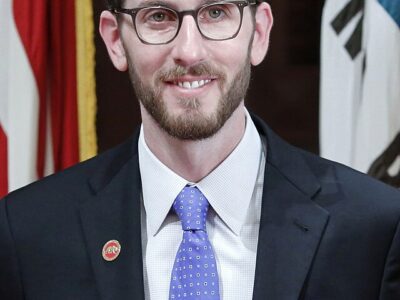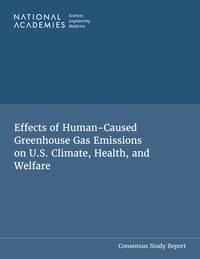So Much for California’s Anti-Sprawl Law, Ctd.
My post on the shortcomings of SB 375, California’s anti-sprawl law, generated a swift response from NRDC’s Amanda Eaken and TransForm’s Stuart Cohen, two smart growth advocates for whom I hold a lot of admiration and respect. In their detailed post, which is largely a critique of the San Diego Association of Government’s (SANDAG) sustainable community strategy (SCS) plan and less about the arguments I made, they describe my post as “poorly informed.” Yet nowhere do they contradict the points I raise about the inherent weaknesses of SB 375 or the problems with the SANDAG SCS (with which they seem to wholeheartedly agree).
They do cite some examples to counter my claim that SB 375 may just result in a lot of ineffectual regional planning. They point out that SB 375 has served as a rhetorical weapon against sprawl that may help fight I-5 widening in San Diego and force changes to planned highway projects in the region, all while galvanizing new interest groups to fight for strong SCSs in the long term. They also claim that because of SB 375, SANDAG has prioritized a few transit projects that it otherwise would not have done and has also spent more on pedestrian and bike improvements. Yet while these victories may be significant in their own way, overall they don’t offer me much hope that SB 375 by itself will do much to dent the long-term growth of sprawl in San Diego. Certainly this draft SCS does little to prompt the necessary changes in local government land use patterns, bolstering the original fears of land use experts about the law.
Eaken and Cohen proclaim that SB 375 wasn’t intended to undo 60 years of bad planning in California overnight. But my objection is based on how SB 375 affects growth in a crucial region like San Diego by 2050, forty years from now. SANDAG’s draft SCS forecasts land use and transportation needs out to that year, yet the SCS appears to do virtually nothing to alter business-as-usual sprawl. By 2050, one would hope SB 375 could lead to better outcomes than that.
To be fair, their point is that we shouldn’t expect a great SCS right away (although SB 375 has been law for almost three years now). And I am in complete agreement that there is still time for SANDAG’s leaders to improve the SCS, and I hope they do. For these leaders and anyone who cares about improving this SCS, I recommend reading Eaken and Cohen’s post for a detailed list of suggestions to improve what is otherwise a weak showing.
Ultimately, however, I question whether this attention to regional planning in California is worthwhile. In a perfect world, it sounds right. But in California, regional entities are weak collections of local government officials. SB 375 certainly doesn’t give them strong tools to implement a smart growth vision, even if that vision were actually good for the region and not just a politically expedient document.
So what else should advocates do? Well, sprawl is the domain of local governments, as is the compact development that smart growth advocates want. So why not focus policies on where the problem lies? Why not harness the energy behind SB 375 instead to improve local government policies, such as removing excessive local parking requirements for infill projects, offering redevelopment funds to catalyze infill sites near transit, and improving local land use plans to encourage infill and walkable development? I fear that SB 375 has sucked time, attention, and resources away from efforts that are more likely to make a difference on the ground.
We have limited resources in this state to advocate for smart growth and limited time to do so. If advocates believe SB 375 is the most effective way to expend this effort, then so be it. But if they’re wrong, then they better think fast about alternative efforts that can accomplish what is truly needed: fewer barriers for infill developers to build good projects in the right places and more infrastructure and transit in the these same areas.
Everything else is just words.







Reader Comments